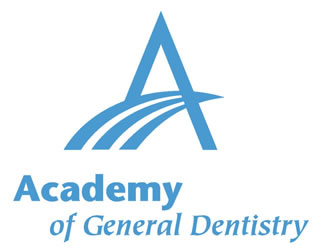Fact Sheet: Sports Dentistry
Mouths in Motion
Whether you are a professional athlete or a weekend warrior, protecting your mouth, face, head, and neck should be a priority when you participate in your favorite sport or activity. Taking the appropriate protective measures while on the court, field, rink or ring can save you from serious injury and costly dental repairs.
What Sports Pose a Threat to Oral Health?
Any sport that presents the chance of contact or collision with another person, object or surface can potentially cause injury to the teeth, jaws, and oral soft tissue. These sports include, but are not limited to, football, basketball, soccer, hockey, boxing, and lacrosse. Individuals who participate in sports, such as biking, inline skating or skateboarding, also are at risk for injury.
How Do Mouthguards Protect My Mouth?
A custom mouthguard made by your dentist covers the upper teeth with a soft, flexible material that prevents serious injuries, such as broken teeth, jaw fractures, cerebral hemorrhage, and neck injuries, by decreasing the chance of the lower jaw jamming into the upper jaw or being pushed back into the temporomandibular (jaw) joint. Mouthguards also are effective in preventing laceration (cutting) and bruising of the lips and cheeks. Mouthguards may reduce the severity and incidence of concussions as well.
What Other Types of Protection Do I Need?
Helmets are very important when participating in sports that involve speed and impact. Properly fitted helmets can prevent major head injuries, as well as facial and neck injuries. Helmets should always fit well and be fastened correctly. For certain sports, other protective gear, such as face masks and body pads, also should be worn.
What Do I Do If I Experience Trauma to My Mouth?
If you experience an injury to your mouth, including major lacerations to your lips, cheeks or gums, seek medical attention immediately. If you break, chip or lose a tooth or experience minor injury to your gums, tongue or cheeks, contact your dentist immediately. If you seek treatment immediately after the injury occurs, your dentist often can save knocked-out teeth and repair minor chips and cracks with appropriate dental materials. See your dentist for evaluation if your tooth changes color, if you experience any dental pain or if you notice any swelling in or around your mouth following trauma
What Should I Tell My Dentist About My Physical Activities?
Inform your dentist if you participate in sports or recreational activities. He or she can give you tips on how to best protect your mouth, face, head, and neck during these activities. Because mouth injuries can be painful and costly, dentists recommend that all athletes take preventative measures at all times.

